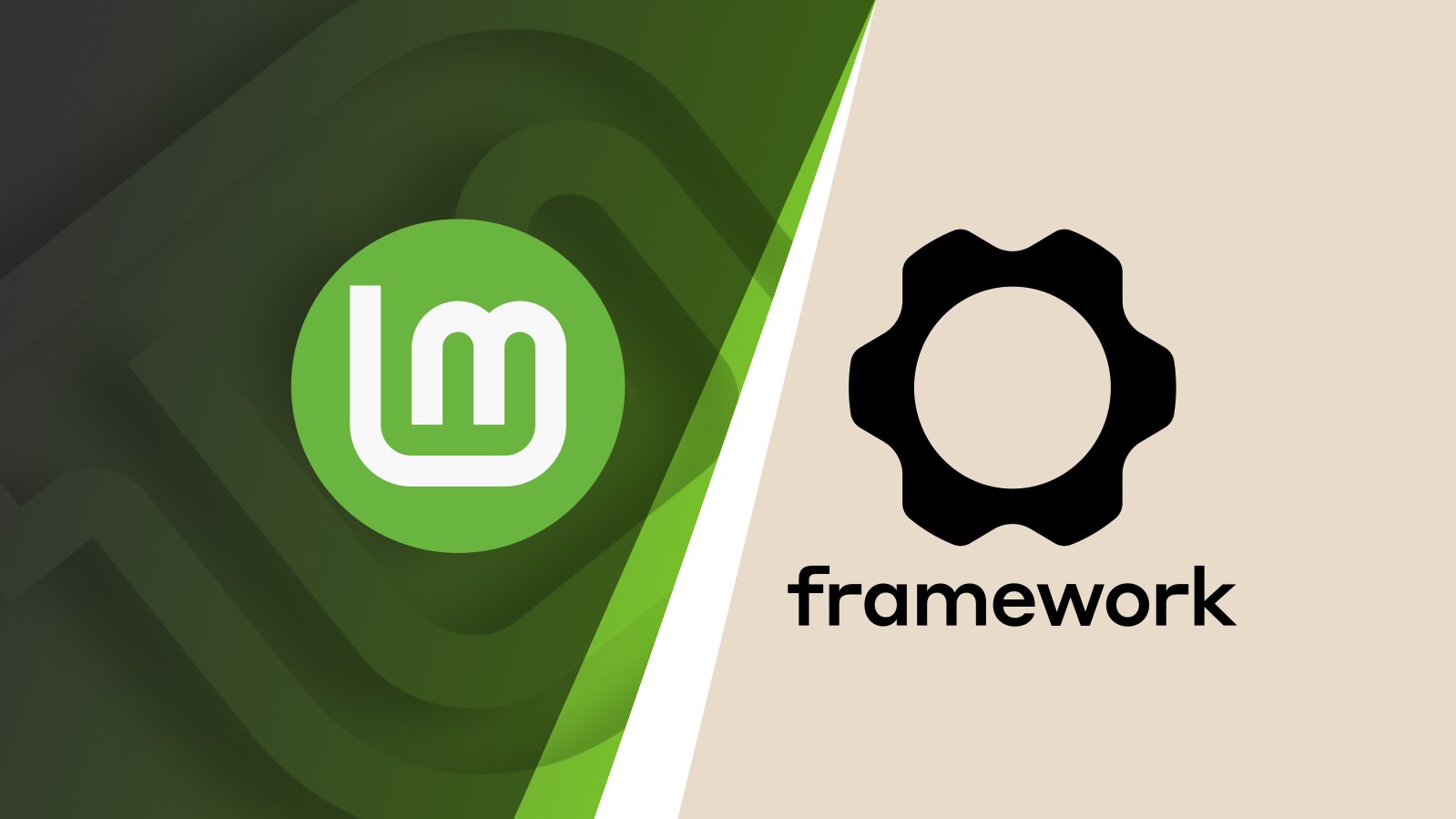The October 2024 edition of Linux Mint’s Monthly News brings exciting updates, including a significant announcement about collaboration with Framework Laptops, having potential to advance Mint’s compatibility with hardware designed with flexibility, repairability, and sustainability in mind.
For those unfamiliar, unlike most traditional laptops, which are often difficult or impossible to repair or upgrade, Framework laptops are built to be user-friendly, making it easy to replace or upgrade components. This modular approach extends the laptop’s lifespan and promotes sustainability by reducing e-waste.



Over the last ten years, the number of distributions I would recommend to beginners has narrowed to basically Linux Mint Cinnamon and Fedora KDE. Mint if you want good UX and easier time managing packages, Fedora KDE if you want Wayland to actually work.
What is your take on endeavour?
No direct experience with it, I’m kinda meh on Arch in general, largely earned by Manjaro.
I see. I have heard a lot of mad things about Manjaro.
In my experience Endeavor is great for less experienced users, and doesn’t really have anything to do with Manjaro.
I’d recommend you give it a try
There are basically 2 things that can tempt me away from Fedora KDE right now:
I’ll return to Mint Cinnamon if Wayland support and the GPU features it enables are robustly added to Cinnamon.
Equal or better support for my hardware with better and easier package management. The main gripe I have about Fedora compared to Mint is the repository is a lot emptier. The long if now gone era of Ubuntu being THE distro for desktops means a LOT of stuff is packaged as .debs or when you do have to go to Github there’s almost always “Debian/Ubuntu” instructions. Arch’s AUR has a reputation of having literally everything in it, but my understanding is being bleeding edge it’s liable to break, and it’s yet another source of software in addition to the standard repos and Flatpak. Yes I think I would install things from Flathub rather than the AUR if available in both because I see Flatpak and Flathub as either the de facto place for the publishers of software especially commercial software to officially release for Linux, and if it isn’t yet I’d like to encourage it to be. The AUR being Arch-specific is as much of a non-starter for me as Snap is.
Wayland and GPU stuff should be very good in endeavor, better than most systems I have seen, better than openSUSE leap and mint certainly. I don’t know fedora however.
Endeavor has its own base repo, but also the regular arch stuff like aur. The AUR is probably the best source for all those programs that are usually missing in your repo, and since the base stuff is stable in endeavor there is no problem if some random program needs a special version or a manual install sometimes, it won’t affect anything else.
The AUR is not the main package source for endeavor.
I don’t know your hardware, but the combination of up to date system components, endeavors focus on just working, and all the shit in the aur (to my understanding flatpak is currently quite useless for drivers) sound like it should just accept any hardware at least as well as other linux distros.
On a sidenote for flatpaks. There is this long running conflict between stability, portability, and security. The old-school package systems are designed to allow updating libraries systemwide, switching-in abi compatible replacements containing fixes. On the other hand, you have appimage, flatpak, …, which bring their own everything and will therefore keep running on old unsafe libraries sometimes for years before the developers of all those specific projects update their projects’ versions of all those libraries.
Yes, I’m aware. Basically I don’t see life on the Arch family tree as preferable to what I have enough to redo my settings menu preferences.
Ofc, no problem.
Since this thread was initially about beginner friendly distros, I wanted to ensure I wasn’t going around recommending an inferior or problematic distro to new users as their first experience.
I also recommend Ullr when you want to take that Mint Cinnamon out into the real world. You’ll schapp it right up!
What’s Ullr?
Apparently a tool to transport serial connections over the internet, to allow you to run programs making use of them on a separate machine to the one(s) you plugged the serial into.
Sounds cool, I just fail to understand how this takes Cinnamon “out to the real world”.
I think our mistake here was not being alcoholics
Ullr Nordic Libation Peppermint Cinnamon Schnapps Liqueur
Wayland?
Difficult to concisely explain what Wayland is.
Software in the Linux ecosystem tends to be built on earlier projects. You may be aware of the various Desktop Environments like Gnome, KDE, Cinnamon, xfce, etc. Something they all have, or had, in common was they all used a truly ancient piece of software called X11. This is the Windowing server. Most of the look and feel of a desktop environment comes from a configuration file that sets up X11 to work a certain way.
X11 has been a standard for longer than Linux has existed, it dates to the early 80’s. It is quite old and isn’t capable of keeping up with some newer technologies like multiple monitors at different framerates, HDR, there are problems with things like Freesync, etc.
Wayland is a project for replacing X11 with a newer system designed with modern display technology in mind. It works a little differently, and it breaks compatibility with a lot of long-standing systems, but it’s now in use by several DEs by default. At the moment there are technical reasons to use Wayland and technical reasons to use X11.